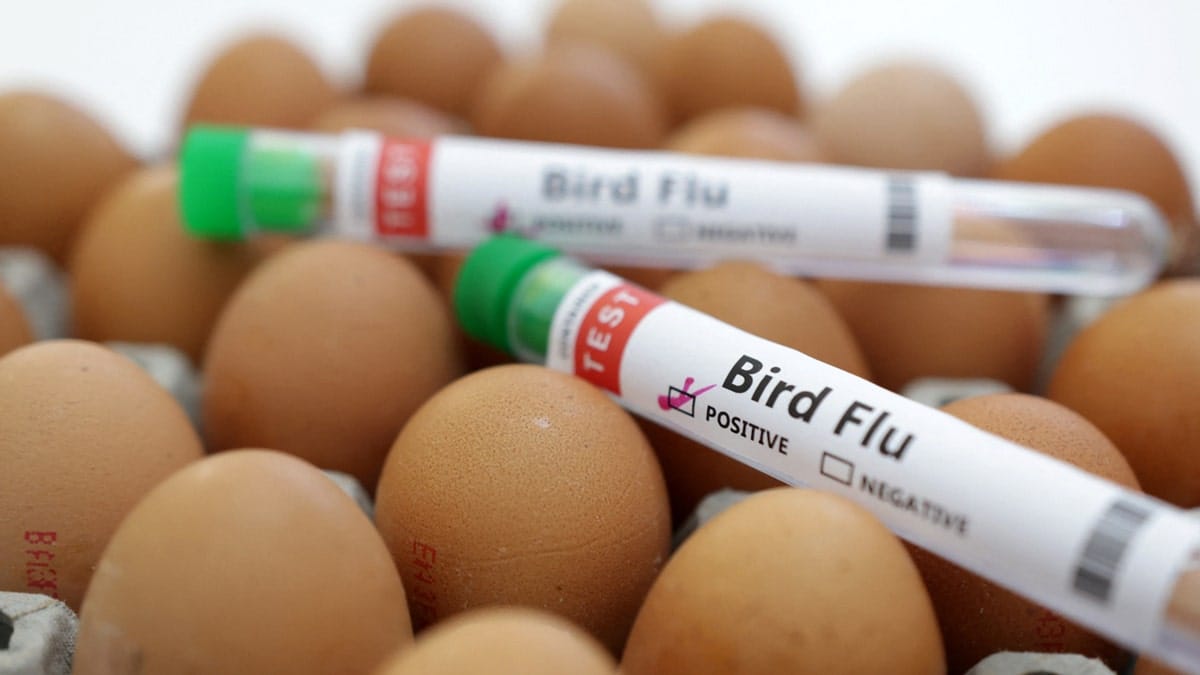On April 16, 2025, a Lehigh County farm made headlines as the first location in Pennsylvania to report a case of avian influenza in domestic poultry. This news has undoubtedly raised concerns among local farmers, industry experts, and residents about the potential implications of the virus spreading and the consequences it could have on the local agriculture sector.
Hailing from the family of influenza viruses, avian influenza, also known as bird flu, primarily infects birds, including wild birds and domestic poultry. Though less common, it can also spread to humans, posing serious health risks. According to the World Organisation for Animal Health, avian influenza viruses are classified into two main types: high pathogenicity avian influenza (HPAI) and low pathogenicity avian influenza (LPAI). The virus can spread quickly among birds through saliva, nasal secretions, and feces, causing severe respiratory illness and high mortality rates in certain strains.
Coincidentally, the outbreak in Lehigh County coincides with an increase in cases of avian influenza across the United States and Canada, which has, in turn, prompted local authorities to take necessary precautions to prevent further spread to other farms in the region. Measures, such as quarantining affected farms, culling infected birds, and implementing strict biosecurity protocols, have been put into place to minimize the risks associated with this virus.
The implications of this outbreak on the local agriculture industry in Pennsylvania are of particular concern, as the state is known for its thriving poultry and egg production businesses. With the neighboring states already experiencing similar cases of avian influenza, the fear of the virus spreading to other farms in Lehigh County and beyond is, indeed, understandable. This, in turn, may likely lead to disruptions in the poultry supply chain, causing significant economic ramifications for farmers and related businesses.
Additionally, there is heightened concern about the potential risk to human health. Although human cases of avian influenza are extremely rare, individuals who have close contact with infected birds may become susceptible to infection. The World Health Organization (WHO) states that most cases of human infection result from direct contact with infected birds or contaminated environments, such as markets or farms. Most strains of avian influenza virus do not infect people easily; however, the possibility of infection cannot be ruled out entirely.
In light of these findings, local government agencies and public health organizations must continue efforts to assess the situation and implement control measures, including educating residents and farmers about the risks associated with avian influenza and preventive measures that can be taken. These steps can help to minimize the risk of further spreading and ensure the continued safety and well-being of both the local agriculture industry and the community at large.



